How much will your home be worth after coronavirus?
Number of new mortgages lowest since records began
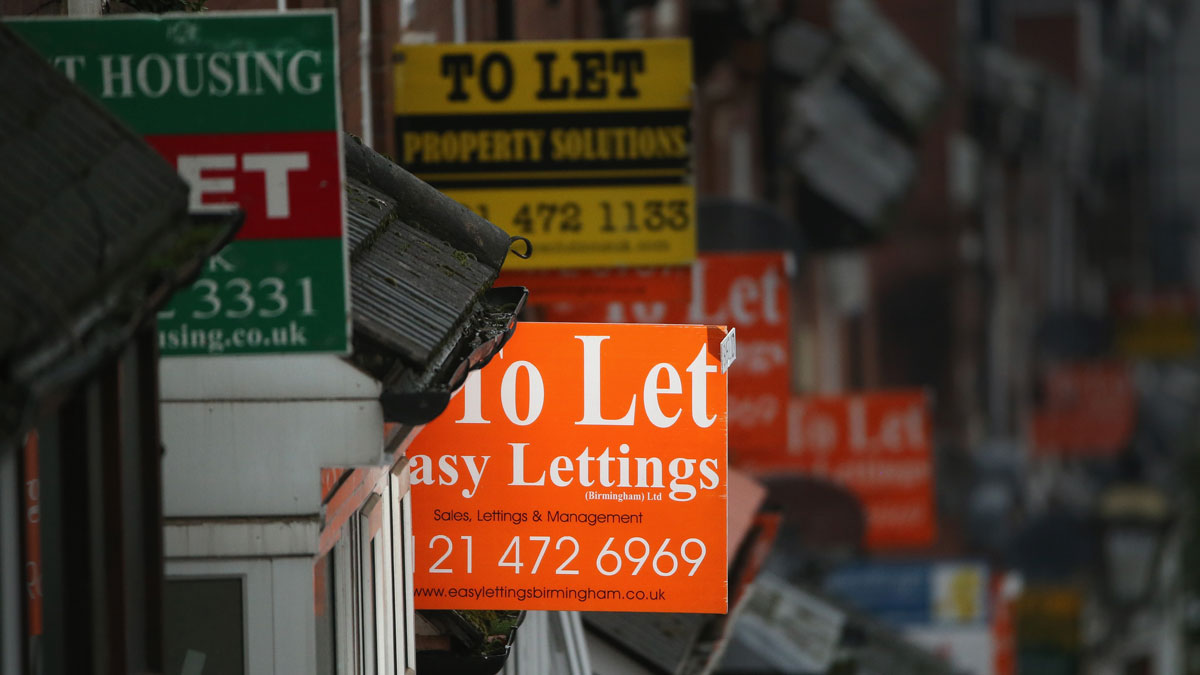
A free daily email with the biggest news stories of the day – and the best features from TheWeek.com
You are now subscribed
Your newsletter sign-up was successful
The number of new mortgages approved in the UK has fallen by 90% since the start of the coronavirus pandemic, leading to speculation that house prices will drop too.
Just 9,300 mortgages were approved in May, the lowest number of approvals recorded since the Bank of England began collecting data in 1993.
It is 90% lower than the 140,429 approvals completed in February, before the impact of Covid-19 hit the property market, says Mortgage Solutions.
The Week
Escape your echo chamber. Get the facts behind the news, plus analysis from multiple perspectives.

Sign up for The Week's Free Newsletters
From our morning news briefing to a weekly Good News Newsletter, get the best of The Week delivered directly to your inbox.
From our morning news briefing to a weekly Good News Newsletter, get the best of The Week delivered directly to your inbox.
What does fewer mortgages mean?
Fewer approvals reflects the “devastating impact” that the coronavirus pandemic has had on the mortgage and property markets, says Mark Harris, chief executive of SPF Private Clients.
“With lockdown meaning that lenders were unable to send valuers out to physically view properties, the number of mortgages approved fell considerably,” says Harris. “With the backlog of valuations clearing now that surveyors can once again carry out valuations, we expect mortgage approvals to pick up.”
Andrew Montlake, managing director of Coreco, told the site that “a 90% drop-off in mortgage approvals for house purchase in May is a jaw-dropping but thoroughly understandable number given the extraordinary events of the second quarter”.
A free daily email with the biggest news stories of the day – and the best features from TheWeek.com
“Along with the ongoing supply deficit, there remain certain fundamental supports for the property and mortgage markets despite the uncertain environment,” he said.
Hansen Lu, a property analyst at Capital Economics, told The Guardian that lending was likely to pick up again in June after reports of a surge in demand for property and agreed sales.
Will fewer mortgages mean lower prices?
Not necessarily, at least in the long term. Knight Frank says prices will fall slightly this year as the number of sales drops by a third, then rebound by 5% next year, reports The Guardian.
The consultancy based its calculations on the assumption that the British economy will shrink by 4% in 2020 before growing by 4.5% next year as the pandemic comes to an end.
Liam Bailey, the global head of research at Knight Frank, said: “We have to expect weaker economic activity in the first half of 2020, the dislocation in the jobs market and weakened consumer sentiment will impact on prices – however, the relatively finite timespan of the crisis means declines will be limited.”
Before the lockdown, the market was in a strong position. A “sharp uptick in sales and price growth was seen across the UK, with even the prime central London market seeing a reversal of a five-year-long price decline”, says Bailey.
Nationwide reported a £3,000 surge in the average price of a home in Britain in March before the lockdown, the fastest growth for two years. But it says “housing market activity is now grinding to a halt”.
–––––––––––––––––––––––––––––––For a round-up of the most important stories from around the world – and a concise, refreshing and balanced take on the week’s news agenda – try The Week magazine. Start your trial subscription today –––––––––––––––––––––––––––––––
The number of sales had risen by more than 12% in January as buyers and sellers “awoke from a Brexit-induced slumber”, says Which? magazine.
But with sales dipping over lockdown, house prices and estate agencies were hit hard by the pandemic.
Property sales in England have since rebounded to pre-coronavirus levels. The number of new sales agreed rose by 137% after the housing market reopened last month.
Richard Donnell, director of research at property portal Zoopla, says the boost in sales is down to a mix of factors and “is not solely explained by a return of pent-up demand”.
“Covid has brought a whole new group of would-be buyers into the housing market,” he explained. “Activity has grown across all pricing levels, but the higher the value of a home, the greater the increase in supply and sales as people look to trade up.”
-
 Quiz of The Week: 14 – 20 February
Quiz of The Week: 14 – 20 FebruaryQuiz Have you been paying attention to The Week’s news?
-
 The Week Unwrapped: Do the Freemasons have too much sway in the police force?
The Week Unwrapped: Do the Freemasons have too much sway in the police force?Podcast Plus, what does the growing popularity of prediction markets mean for the future? And why are UK film and TV workers struggling?
-
 Properties of the week: pretty thatched cottages
Properties of the week: pretty thatched cottagesThe Week Recommends Featuring homes in West Sussex, Dorset and Suffolk
-
 The people who raffle their homes
The people who raffle their homesUnder The Radar Offer the chance to win your house for £2 a ticket? It's simple and can make thousands but it's not stress-free
-
 Pros and cons of shared ownership
Pros and cons of shared ownershipPros and Cons Government-backed scheme can help first-time buyers on to the property ladder but has risks
-
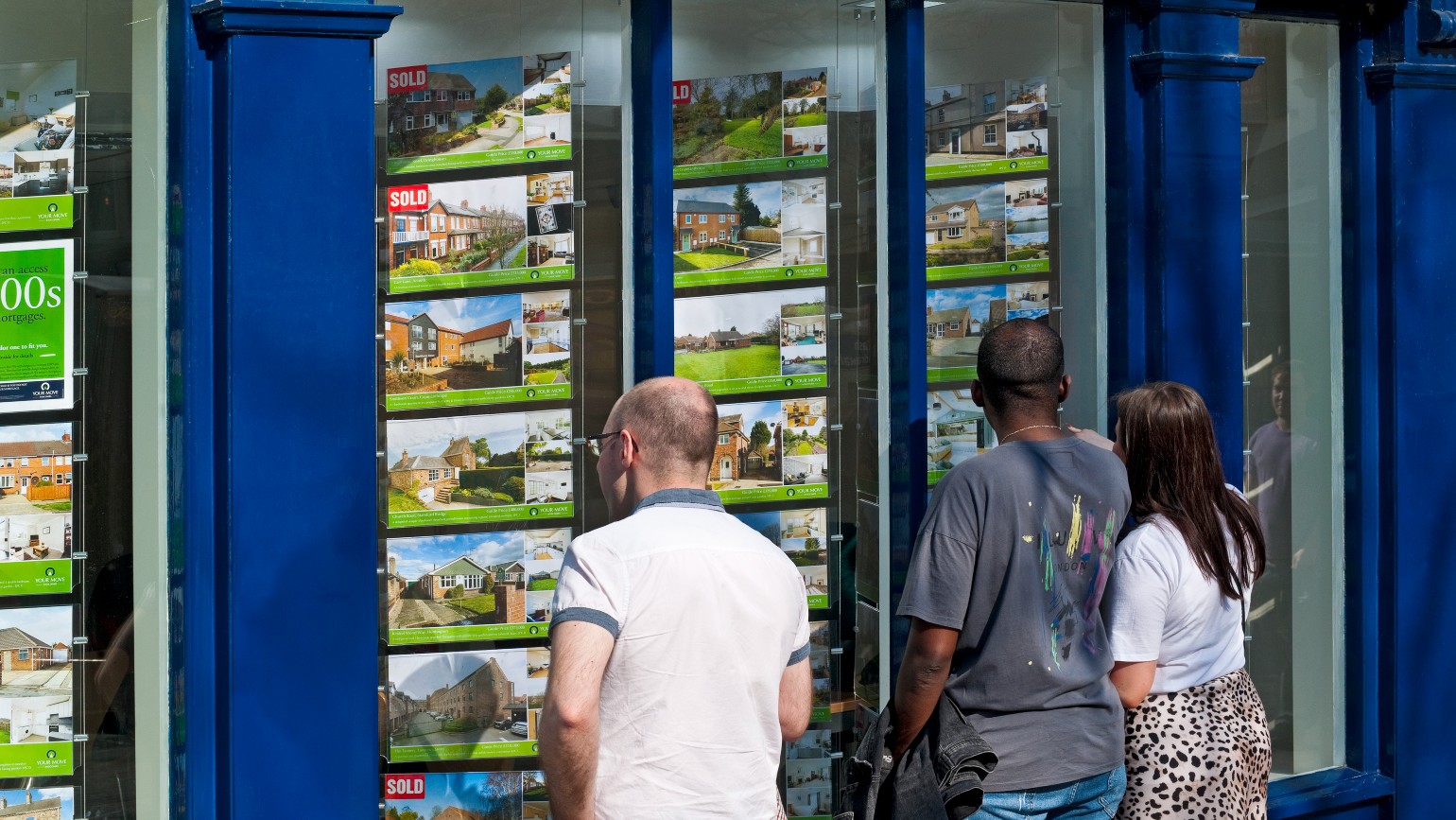 Affordability test scrapped: what ‘huge’ mortgage rule change means for buying a house
Affordability test scrapped: what ‘huge’ mortgage rule change means for buying a houseTalking Point Bank of England cuts red tape on mortgage approval process despite soaring inflation
-
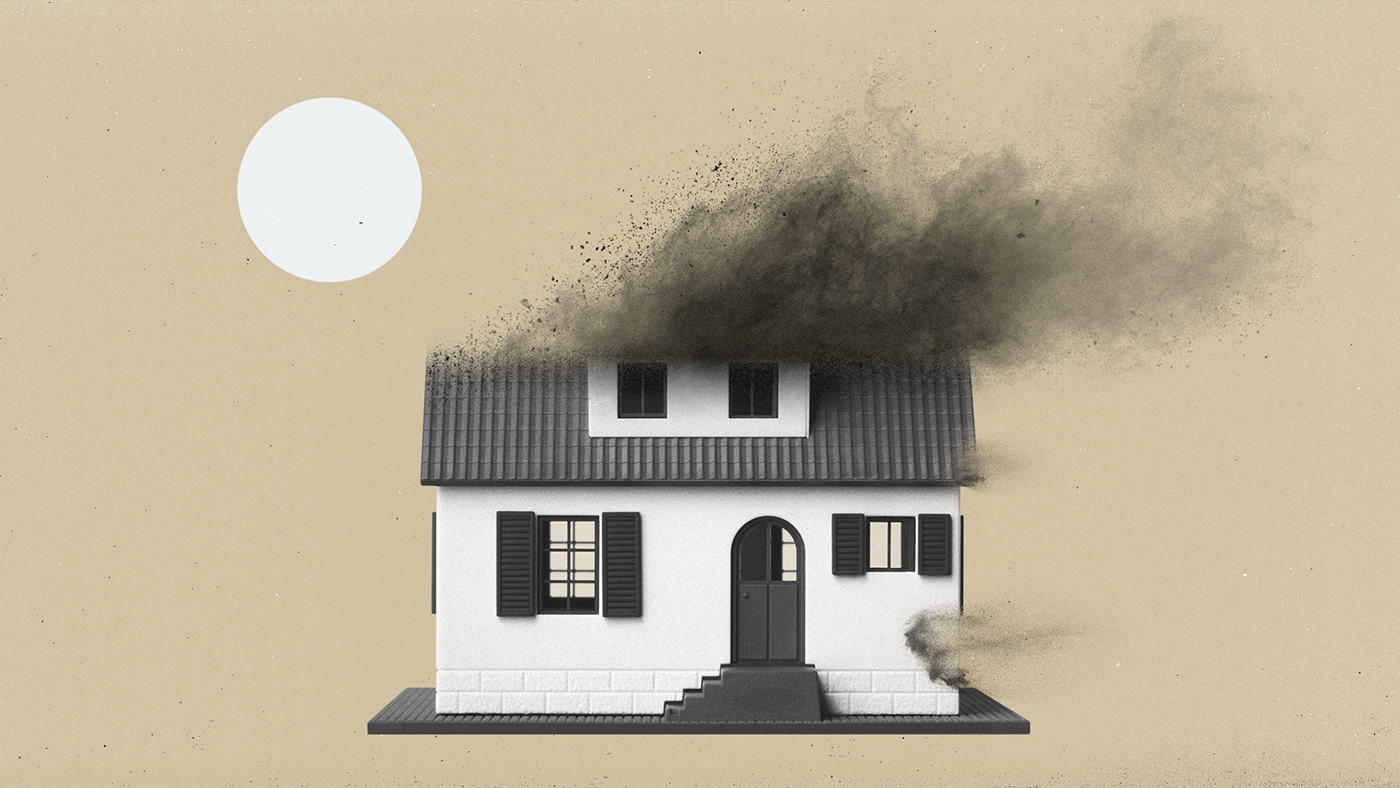 Are UK house prices about to crash?
Are UK house prices about to crash?In Depth Higher property taxes and a new mansion tax announced in the Autumn Budget could weigh on house price growth
-
 ‘Weakest since 2012’: UK house price average falls to £257,406
‘Weakest since 2012’: UK house price average falls to £257,406In Depth Prices down 1.1% year-on-year in February – the first annual decline since June 2020
-
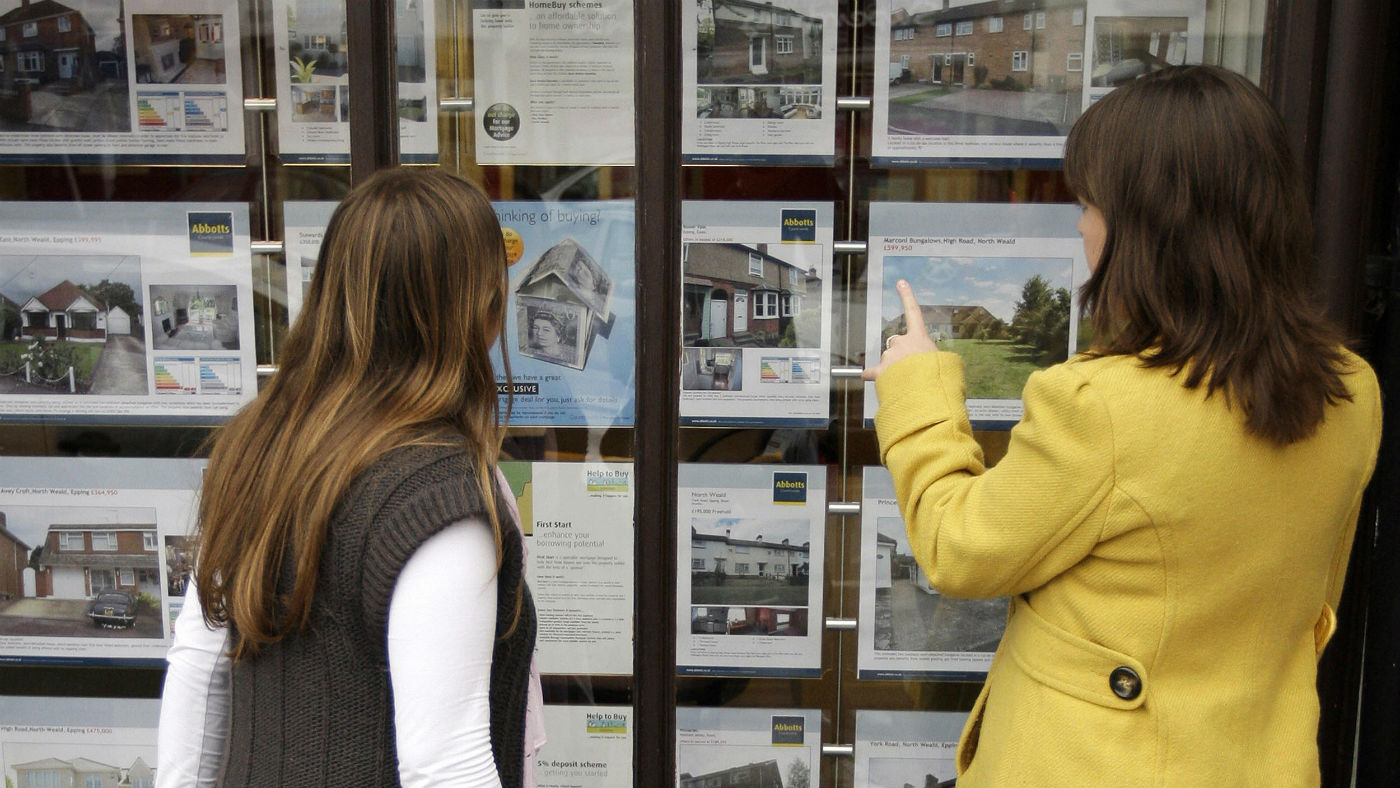 UK house prices in 2022: what the experts think
UK house prices in 2022: what the experts thinkfeature Sellers’ market, what next and mortgage matters
-
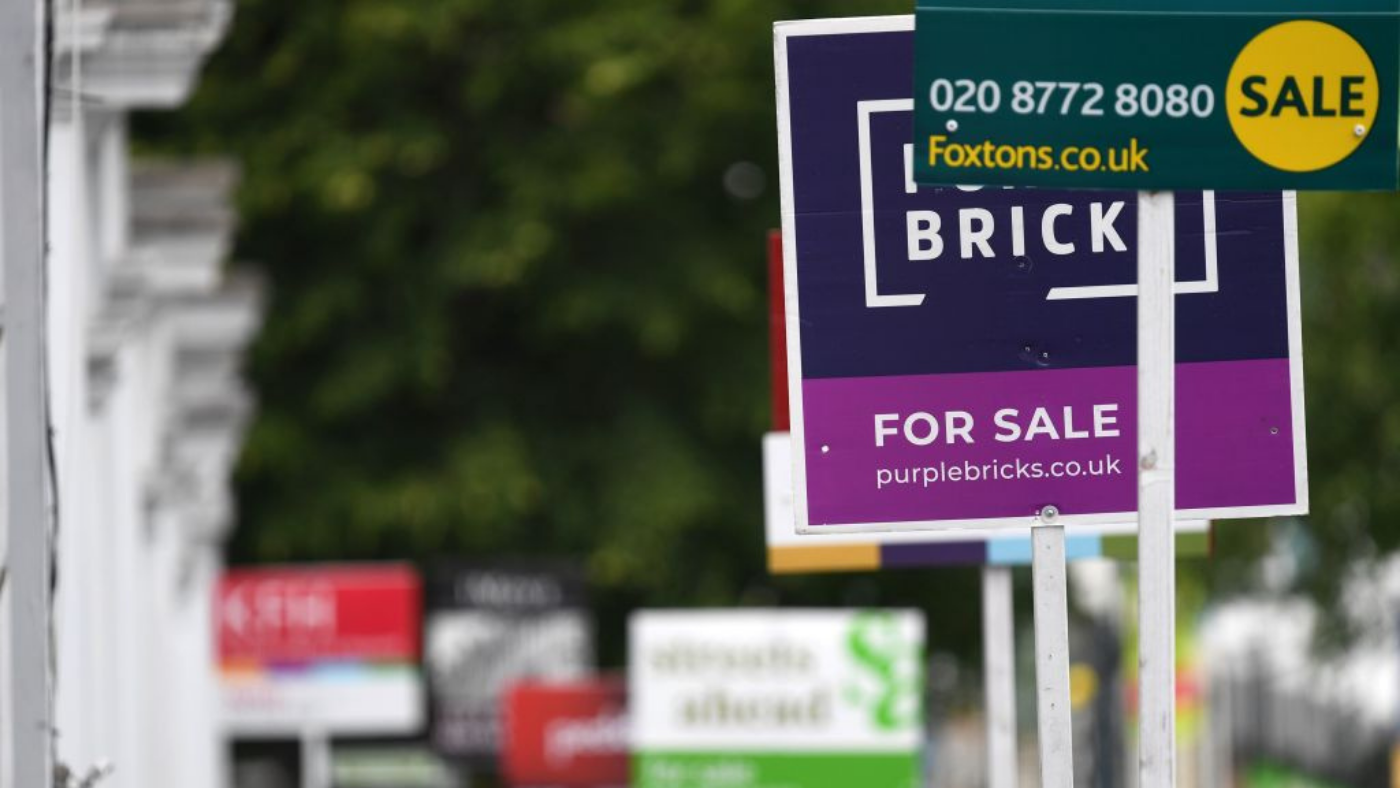 The house price boom in five charts
The house price boom in five chartsfeature Demand continues to outstrip ‘stock-starved’ housing market
-
 Britain’s most expensive streets
Britain’s most expensive streetsThe Week Recommends New names sneak into list of priciest roads